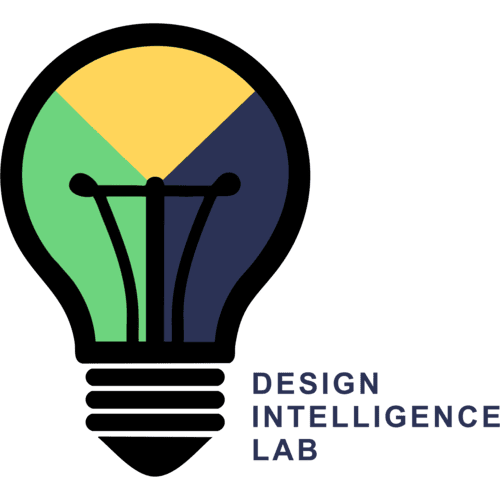Analogical reasoning plays an important role in design. In particular, cross-domain analogies appear to be important in innovative and creative design. However, making cross-domain analogiesis hard and often requires abstractions common to the source and target domains. Recent work in case-based design suggests that generic mechanisms are one type of abstractions useful in adapting past designs. However, one important yet unexplored issue is where these generic mechanisms come from. We hypothesize that they are acquired incrementally from design experiences in familiar domains by generalization over patterns of regularity. Three important issues in generalization from experiences are what to generalize from an experience, how far to generalize, and what methods to use. In this paper, we describe how structure-behaviorfunction models of designs in a familiar domain provide the content, and togetherwith the problem-solving context in which learning occurs, also provide the constraints for learning generic mechanismsfrom design experiences. In particular, we describe the model-based learning method with a scenario of learning of feedback mechanism.
Category Archives: Uncategorized
Design Explanations in Interactive Design Environments
Ashok Goel, Andres Gomez, Nathalie Grue, William Murdock, Margaret Recker & T. Govindaraj. Design Explanations in Interactive Design Environments. In Artificial Intelligence in Design – 1996, J. Gero and F. Sudweeks (editors), Boston, MA: Kluwer Academic Press, 1996.
Meta-Cases: Explaining Case-Based Reasoning
Ashok Goel & William Murdock. Meta-Cases: Explaining Case-Based Reasoning. In Lecture Notes in Artificial Intelligence 1168: Advances in Case-Based Reasoning, Ian Smith and Boi Faltings (editors), Berlin: Springer-Verlag, 1996.
Functional Device Models and Model-Based Diagnosis in Adaptive Design
Ashok Goel & Eleni Stroulia. Functional Device Models and Model-Based Diagnosis in Adaptive Design. Artificial Intelligence for Engineering Design, Analysis and Manufacturing, Special Issue on Functional Representation and Reasoning, 10:355-370, 1996.
Learning about Novel Operating Environments: Designing by Adaptive Modelling
Sattiraju Prabhakar & Ashok Goel. Learning about Novel Operating Environments: Designing by Adaptive Modelling. Artificial Intelligence in Engineering Design, Analysis and Manufacturing, Special Issue on Machine Learning, 10:136-142, 1996.
Model-Based Indexing and Index Learning in Engineering Design
Sambasiva Bhatta & Ashok Goel. Model-Based Indexing and Index Learning in Engineering Design. International Journal of Engineering Applications of Artificial Intelligence, Special issue on Machine Learning in Engineering, 9(6):601-610, December 1996.
Combining Navigational Planning and Reactive Control
Khaled Ali & Ashok Goel. Combining Navigational Planning and Reactive Control. In Proc. AAAI-96 Workshop on Reasoning About Planning, Acting and Control, Portland, August 1996, pp: 1-7.
A Model-Based Approach to Blame Assignment: Revising the Reasoning Steps of Problem Solvers
Eleni Stroulia & Ashok Goel. A Model-Based Approach to Blame Assignment: Revising the Reasoning Steps of Problem Solvers. In Proc. National Conference on Artificial Intelligence (AAAI-96), Portland, Oregon, August 1996.
Unification of Language Understanding, Device Comprehension and Knowledge Acquisition
Ashok Goel, Kavi Mahesh, Justin Peterson & Kurt Eiselt. Unification of Language Understanding, Device Comprehension and Knowledge Acquisition. In Proc. Eigtheenth Cognitive Science Conference, San Diego, July 1996.
The Role of Generic Models in Conceptual Change
Todd Griffith, Nancy Nersessian & Ashok Goel. The Role of Generic Models in Conceptual Change. In Proc. Eigtheenth Cognitive Science Conference, San Diego, July 1996.
